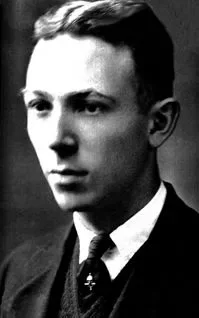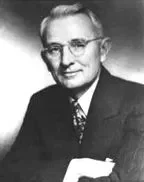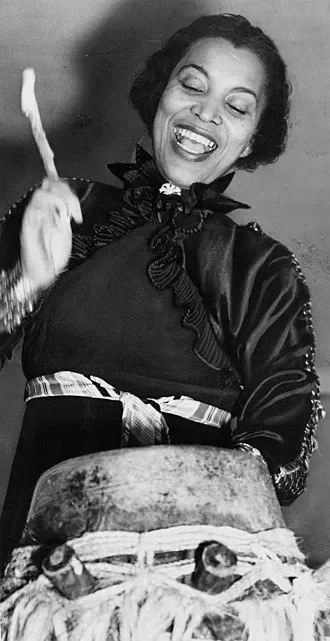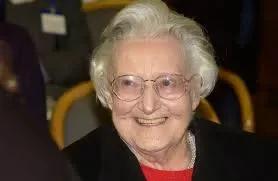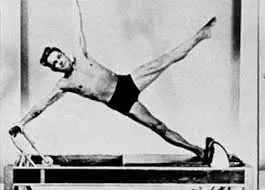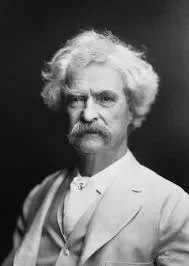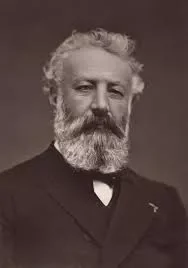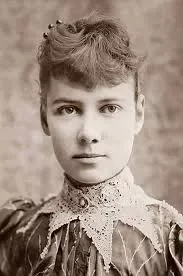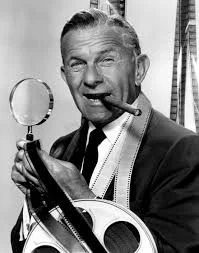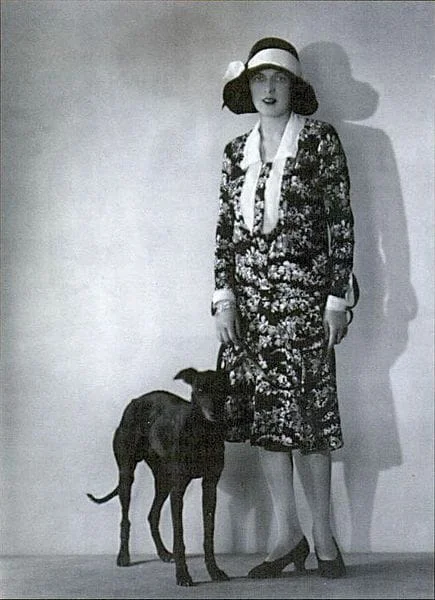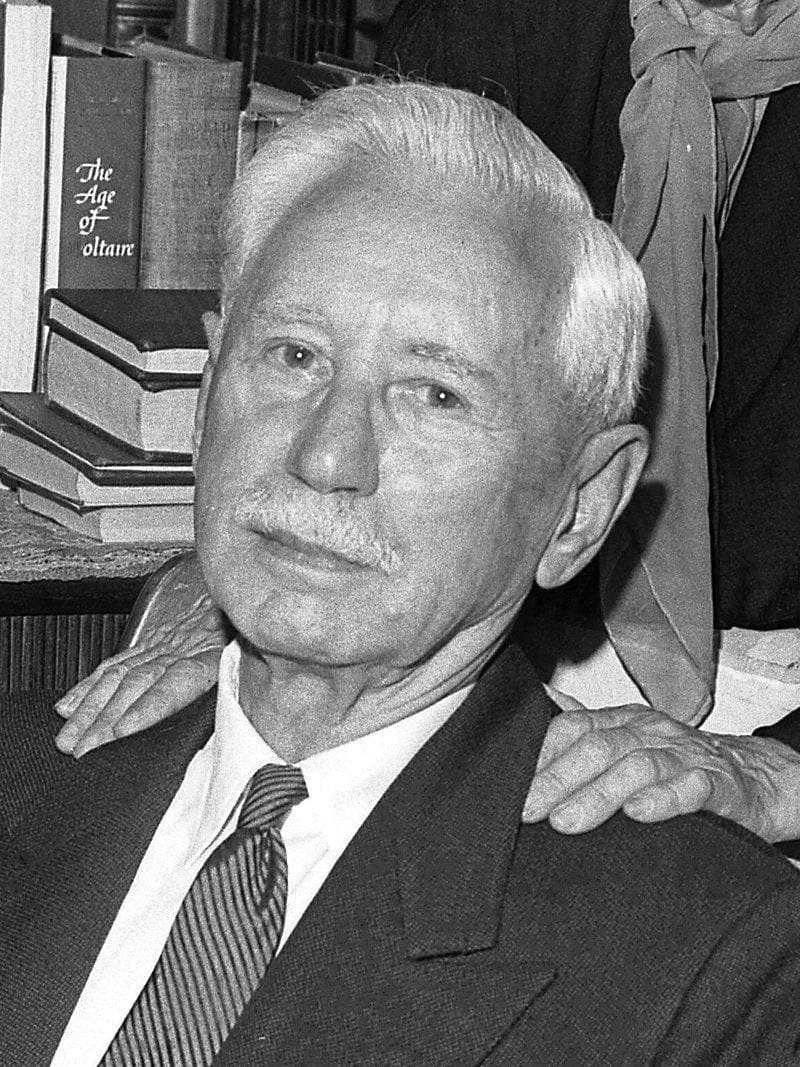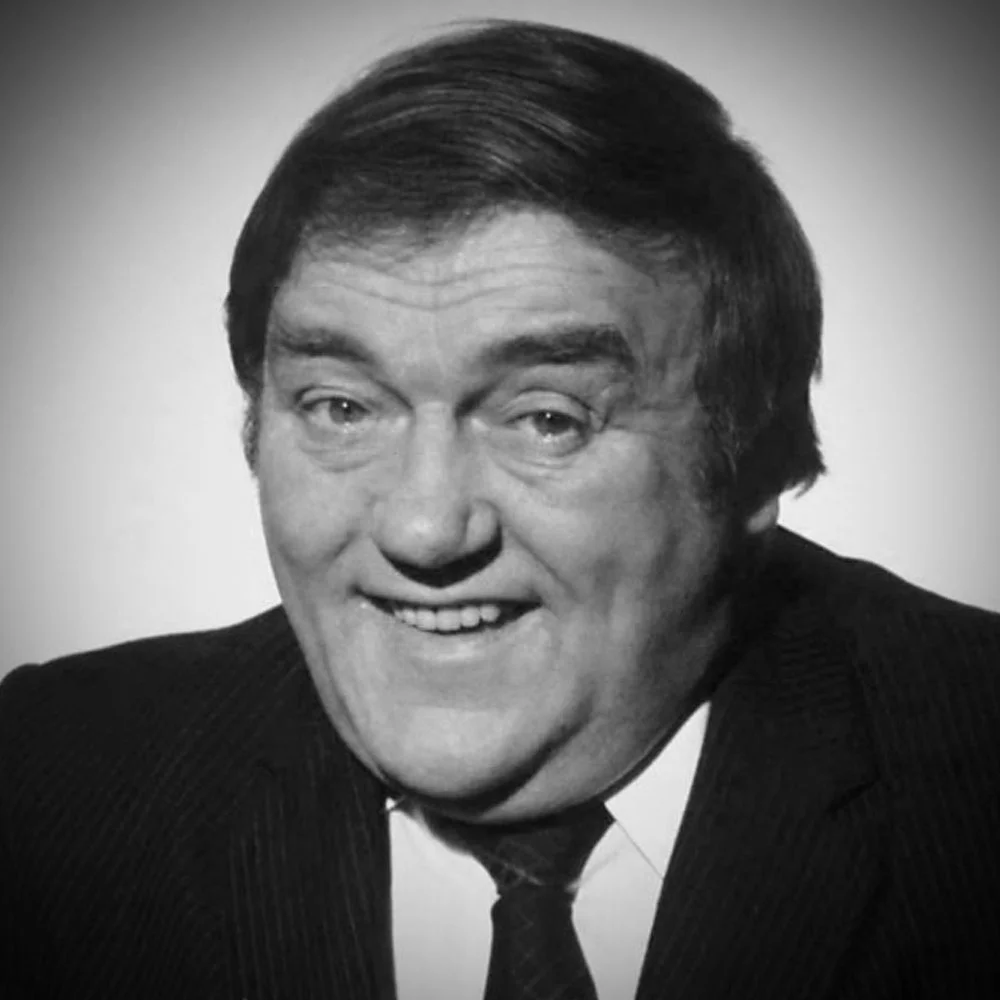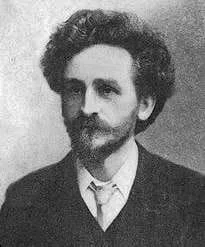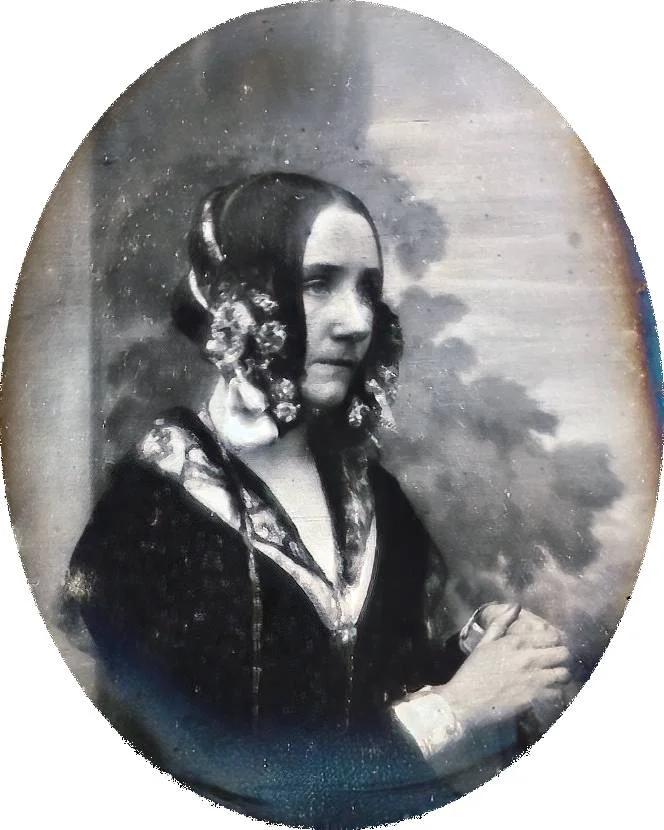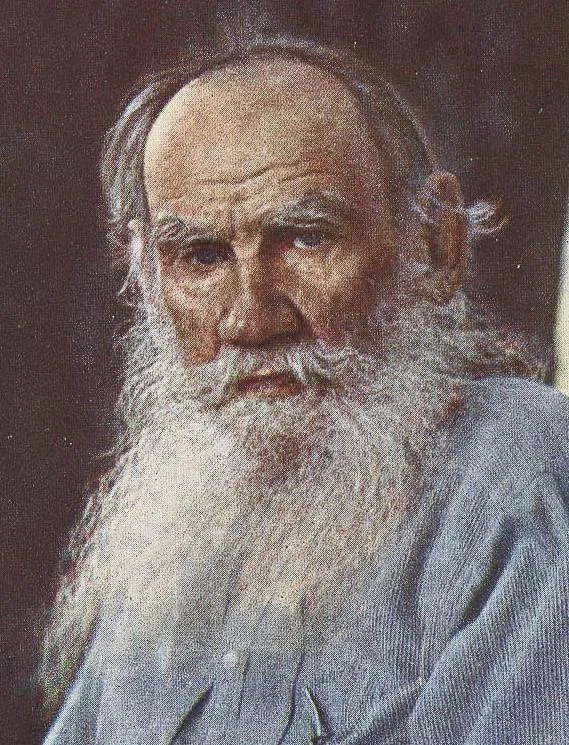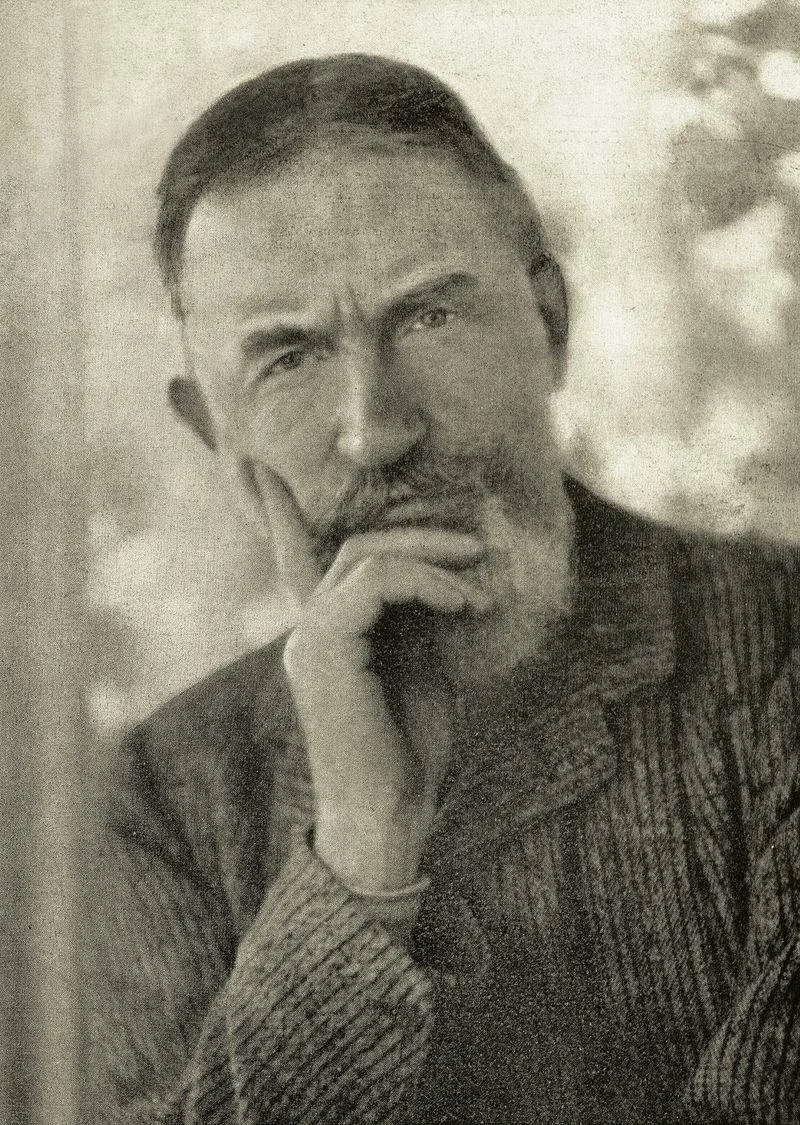Real Celebrities Never Die!
OR
Search For Past Celebrities Whose Birthday You Share
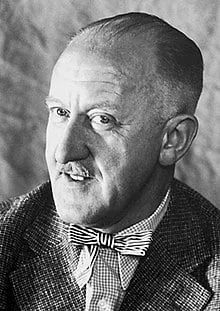
source:https://encrypted-tbn1.gstatic.com
Halldór Laxness
Birthday:
23 Apr, 1902
Date of Death:
08 Feb, 1998
Cause of death:
Alzheimer's disease
Nationality:
Icelandic
Famous As:
Writer
Age at the time of death:
95
Halldór Laxness's Quote's
Halldór Laxness was a prominent Icelandic writer who became the first and only Icelandic Nobel laureate in literature. His extensive literary career included novels, essays, plays, poems, travelogs, and short stories that left a lasting impact on Icelandic and world literature.
Early Life and Influences
Born Halldór Guðjónsson on April 23, 1902, in Reykjavík, Iceland, Laxness was greatly influenced by his grandmother’s stories and ancient Catholic songs. He started reading and writing at a young age, with his early works being published in local newspapers. Laxness later graduated from the Reykjavík Lyceum, setting the stage for his literary journey.
Early Literary Career and Catholic Conversion
Laxness published his first novel, *Barn náttúrunnar*, in 1919. In the 1920s, he devoted himself to self-study, learning new languages, and immersing himself in various literary movements. After converting to Catholicism, he adopted the surname Laxness and added the name Kiljan. His religious views influenced works like *Kaþólsk viðhorf* and *Undir Helgahnúk*.
Shift to Socialism and Move to the United States
In 1927, Laxness moved to the United States, where his political views shifted toward socialism. His 1929 work, *Alþýðubókin*, contained essays on socialist ideals. In the 1930s, he wrote *Salka Valka* and *Independent People*, two novels that showcased his sociological concerns and earned him widespread acclaim.
Influence of Soviet Culture
After traveling to the Soviet Union, Laxness became fascinated by Soviet culture, documenting his experiences in *Gerska æfintýrið* (*The Russian Adventure*). His time in the USSR further cemented his interest in socialism, which continued to influence his later works.
Literary Success and International Recognition
Laxness published a variety of works in the 1940s, including *Fegurð himinsins*, *Hið ljósa man*, and *Íslandsklukkan*. His 1946 English translation of *Independent People* gained widespread recognition in the United States and was selected as the Book of the Month Club’s selection.
Nobel Prize in Literature and Later Works
In 1955, Halldór Laxness was awarded the Nobel Prize in Literature for his “vivid power and epic performance” in literature. He continued producing notable works, including *The Happy Warriors/Wayward Heroes*, *The Fish Can Sing*, *Paradise Reclaimed*, and *Kristnihald undir Jökli*.
Final Years and Legacy
Laxness passed away on February 8, 1998, at the age of 95, after suffering from Alzheimer’s disease in his later years. His experimental approach to literature and his contributions to Icelandic culture are still studied and celebrated today, ensuring his legacy as one of the most influential writers of the 20th century.
Name:
Halldór Laxness
Popular Name:
Halldór Laxness
Gender:
Male
Cause of Death:
Alzheimer's disease
Spouse:
Place of Birth:
Reykjavík, Danish Iceland
Place of Death:
Reykjavík, Iceland
Occupation / Profession:
Personality Type
Virtuoso: Bold and practical experimenters, masters of all kinds of tools. Even in his writings, he displayed a practical approach to experimenting.
Before becoming a novelist he started his career as a poet.
Halldór Laxness began traveling at age 17 and lived in many European countries.
He lived for a while in a monastery in Italy.
He wrote his first book at the young age of 17 years in 1919.
1955 Nobel Prize in Literature
He also received the Sonning Prize in 1969
He got the Soviet-sponsored World Peace Council prize in 1953
Laxness received the Lenin Peace Prize in 1952

